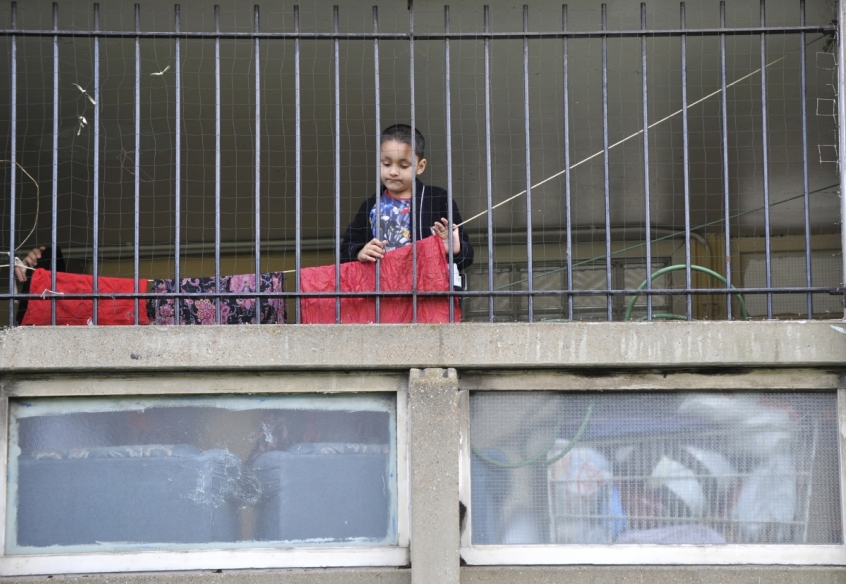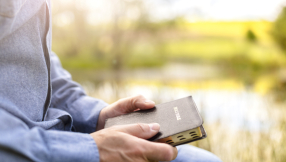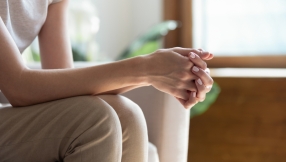If you're poor, is it your own fault? White evangelical Christians are far more likely to answer in the affirmative than the average US citizen, according to new research.
The Washington Post and the Kaiser Family found that religion is a significant predictor of how Americans perceive poverty.

Their poll found that 46 per cent of all Christians said a lack of effort was generally to blame for someone being poor, compared with 29 per cent of all non-Christians. Among specific Christian groups the gap is even wider – 53 per cent of white evangelicals blamed poverty on lack of effort compared to 50 per cent of Catholics.
Non-religious Americans say difficult circumstances are more to blame rather than lack of effort at 65 to 31 per cent.
The Washington Post quotes noted conservative Al Mohler, president of the Southern Baptist Theological Seminary, who says: 'There's a strong Christian impulse to understand poverty as deeply rooted in morality — often, as the Bible makes clear, in unwillingness to work, in bad financial decisions or in broken family structures.'
'The Christian worldview is saying that all poverty is due to sin, though that doesn't necessarily mean the sin of the person in poverty. In the Garden of Eden, there would have been no poverty. In a fallen world, there is poverty.'
The divide is also political: among Democrats, 26 percent blamed a lack of effort and 72 per cent blamed circumstances. The percentages were nearly reverse among Republicans, with 63 per cent blaming lack of effort and 32 per cent blaming circumstances. Just 32 per cent of black Christians blamed lack of effort, compared to 64 per cent who blamed circumstances.
However, Mohler, with others spoken to by the Post, said people in need should always be helped. He said of the difference between conservative and liberal churches: 'Those are stereotypes. In reality, I think we all know what to do when a hungry person is before us.'













